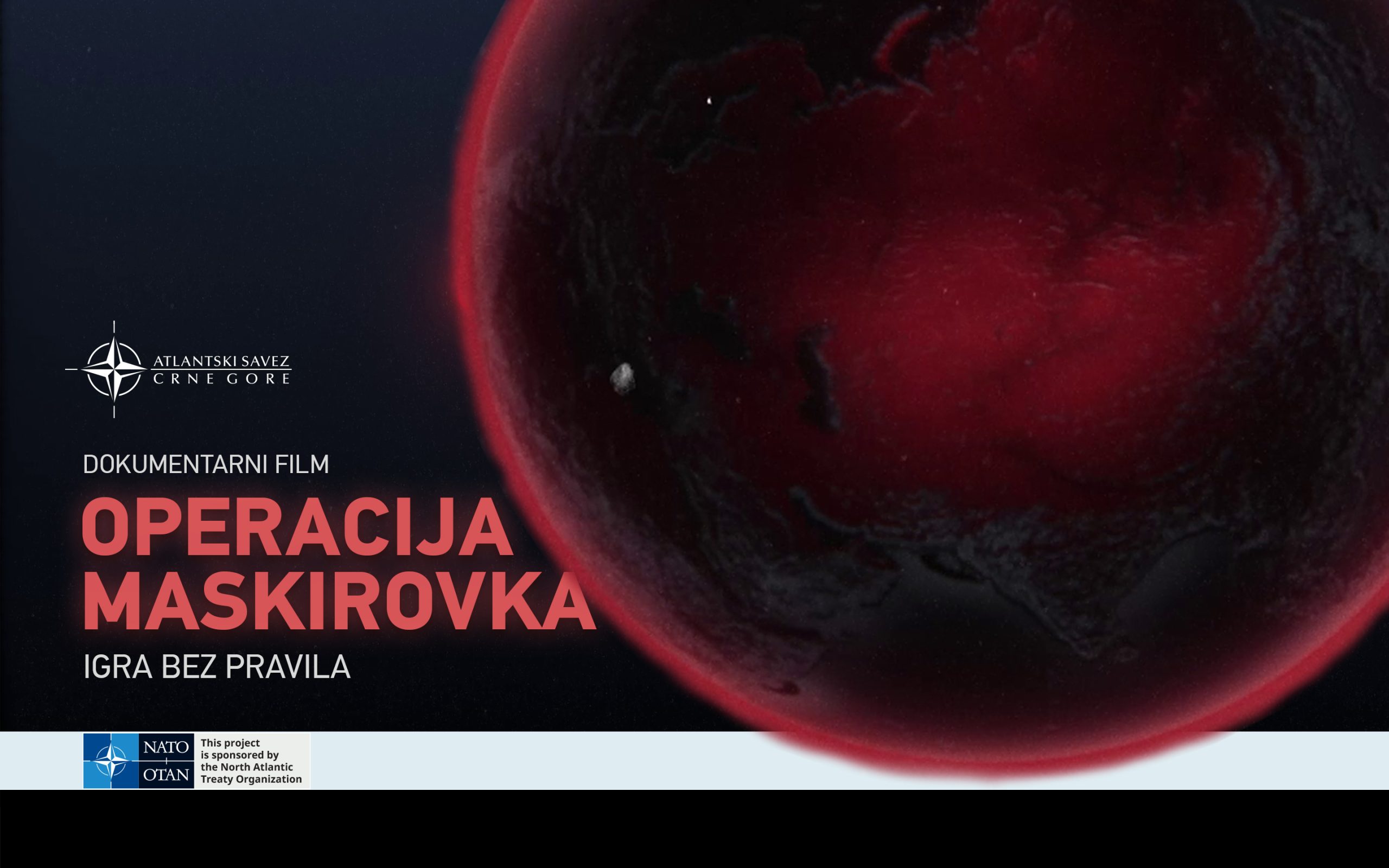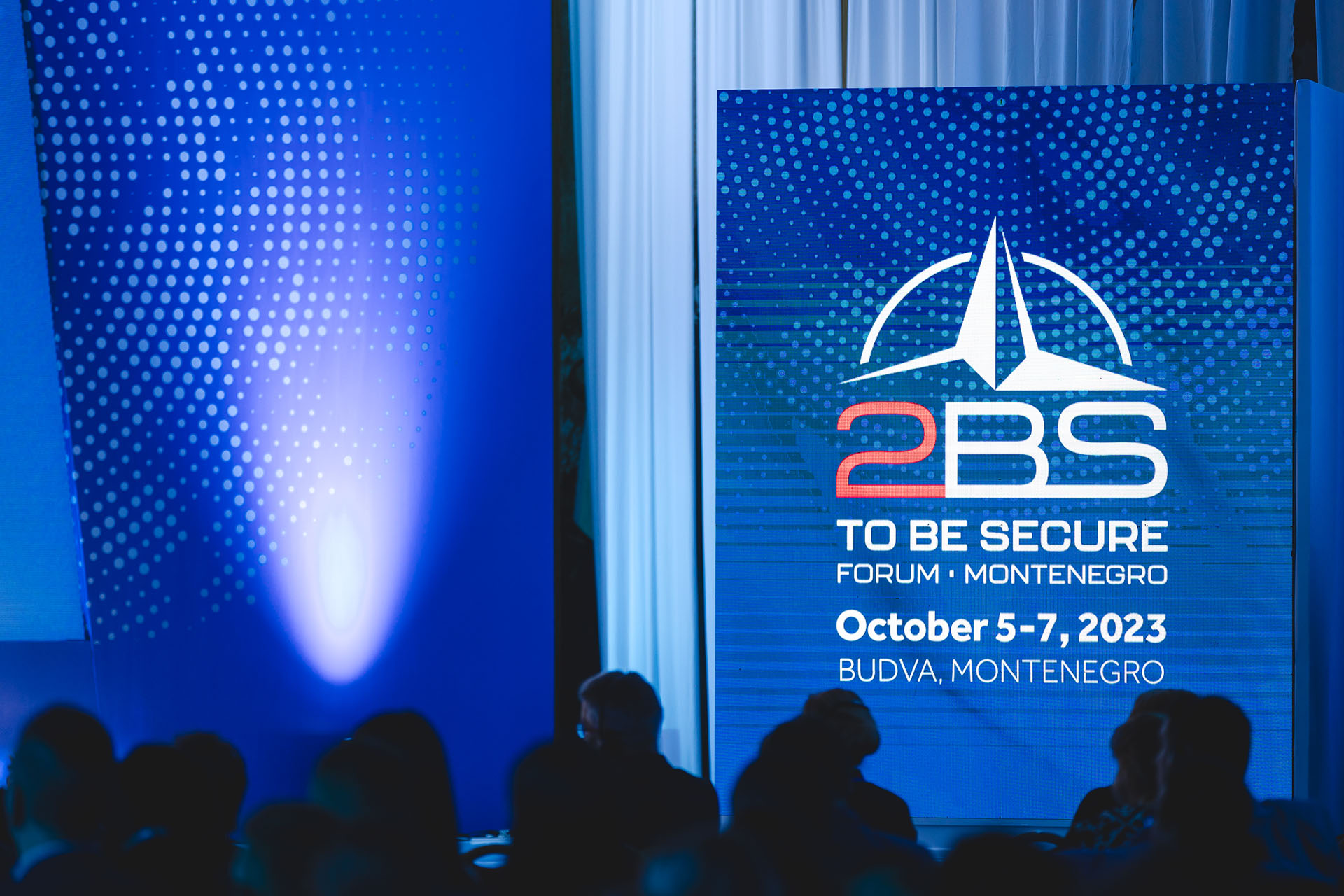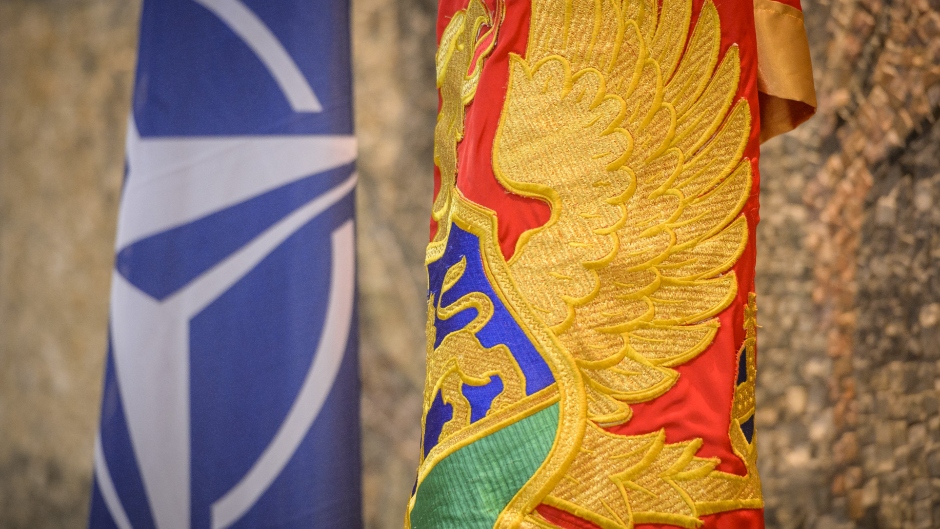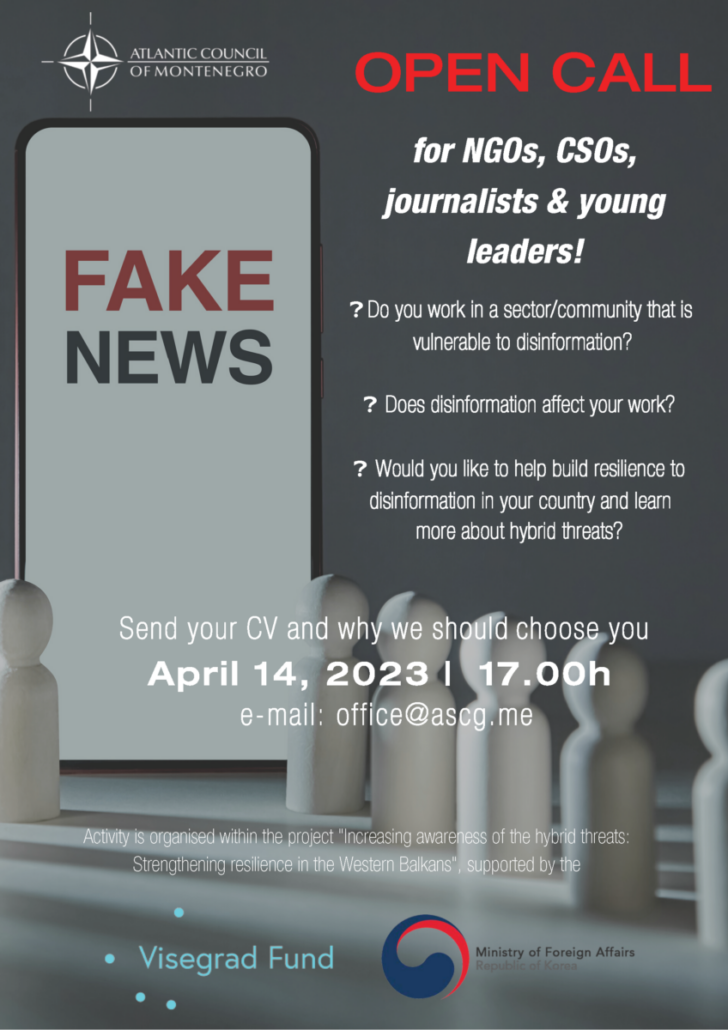Consolidation of the European Union and the process of the EU enlargement should be happening at the same time, since everything that stays out of the EU’s attention, and Balkan used to be there, could represent a problem to the EU, according to the message of the President of Montenegro, Milo Đukanović.
In his opening speech, he said that the Western Balkans needs integration.
“We should not prove that this region has sent more than enough messages concerning a lack of capacity. The integration of the Western Balkans is the same thing as stability. Integration means the return of the Western Balkans countries to the European civilizational way”, Đukanović said.
He thinks that the European and the Euro-Atlantic perspective today are more blurred in comparison to the beginning of the century. He states that the reason for the fall of enthusiasm and the slowdown lies in the story about slowdown, which is too long.
“We are convinced that the only accurate direction of the further movement is the European and Euro-Atlantic integration. It is necessary to support the pro-European governments in the Balkans, aware of the inevitability of belonging to that civilizational circle. In Europe, there are the attitudes that the Europe needs the consolidation in order to reach the enlargement, even though, I think that these two processes should flow simultaneously”, Đukanović said.
He equally said that there is no better consolidation for Europe and better way for its global competitiveness than the union.
“Everything that stays out of the focus of the European Union, and Balkans used to belong there, could rather represent a problem to the European Union than a way that the EU could protect itself from the possible consequences of the non-European framework. The true question for us is the following: will we deal with the problem too late or will we make an effort to Europeanize that area and create conditions for internal stability”, said Đukanović.
Montenegro and himself, as he said, do not belong to those who inferiorly look at the partnership with the EU.
“We do not think that we should stand, kneel and beg for the doors of the EU to open. We are ready to take our share of responsibility”, said Đukanović.
Wondering what else should happen so that Montenegro would become the EU member state, the Deputy Prime Minister and the Minister of Defense of Bulgaria, Krasimir Karakachanov, reflected on whether all NATO and the EU member states could say that they do not have any issues with corruption and that they have free media.
He assessed that he was slightly disappointed since there was no clear determination concerning the time framework for the EU enlargement at the Summit in Sofia.
“Our politics is clear. We want a determination towards membership and we want all of the countries to become the EU and NATO member states. If we do not offer clear possibilities for a clear perspective, the third factors occur and they have been present for centuries. There is a Turkish influence as well as the Russian influence and they have been present in the Balkans for 200 years”, Karakachanov said.
If we have two or three rates, as he said, there is a place for interaction and interference, which creates a possibility for divisions and instability in the Western Balkans.
Karakachanov said that the countries aspiring towards the EU should not be given advice, but the advice should be given to Brussels, not to set rigid criteria and feel a debt towards the Balkans.
“Do not give up, be persistent, and the colleagues in Brussels are obliged to think about what should be achieved by the criteria, to deal with the fact that the Euroscepticism will increase if they drop the Western Balkans”, said Karakachanov, appealing that Brussels should be more tolerant.
Responding to Karakachanov, the Executive Vice President of the Atlantic Council of the USA, Damon Wilson, said that there is a reason for the rigid criteria.
“Due to the fact that the Balkans has a difficult story behind, we made a bureaucratic process in order to achieve the goals. We need to have standards in order to measure the shifts that are made but we must not allow for that to blur the ultimate perspective”, Wilson said.
Speaking about the Euro-Atlantic integrations, Wilson assessed that it was not hard to decide why Montenegro should be a NATO member state, and it is the same case with Macedonia.
“The biggest challenge for this region is not to wait for Brussels or Washington, but to surpass our expectations even before we know about that”, Wilson said.
The Minister of Defense of Montenegro, Predrag Bošković, said that the stability and security of our country is now guaranteed by the NATO membership.
He highlighted that Montenegro is working on the reforms regardless of the fact that the precise date of our country’s accession to the EU is not known.
“It is crucial to highlight that Europe, in this moment, has more problems than the Western Balkans. The challenges in the EU are more complex than those in the Western Balkans”, Bošković said.
The Deputy Prime Minister and the Minister of Defense of Macedonia, Radmila Šekerinska Jankovska, spoke about the name dispute between her country and Greece, said that they had a couple of bilateral meetings and that the negotiations have lasted more than 25 years.
“No one can expect that this would be the final answer. We need to check that in public. But, we are optimistic, I believe that Macedonia demonstrated that the crisis was used as a chance”, Šekerinska Jankovska highlighted.
She assessed that the peoples on this area are used to living in the conditions of crisis.
“Crisis management is a part of our DNA. A change in the Balkans is reflected in the fact that we did not have naïve expectations that someone will save us, that the EU will use the opportunity and open negotiations with Macedonia”, Šekerinska Jankovska said.
The Minister of Defense of Bosnia and Herzegovina, Marina Pendeš, said that this country clearly defined its determination towards the European and Euro-Atlantic integrations, stating that she is expecting the activation of MAP for Bosnia and Herzegovina.
When it comes to the EU integration, she said that she would not agree with the assessment that there is a status quo in that country, saying that Bosnia and Herzegovina is the European country, even though it is not the EU member state.
“The Western Balkans is a part of Europe and in that sense, I expect the support from everyone, Brussels and Washington” said Pendeš, with the assessment that the statements of particular politicians from the Republic of Srpska when it comes to NATO, are confusing.
As she highlighted, in the Presidency of Bosnia and Herzegovina, there is the unambiguous determination for membership of that country in NATO and the EU.








